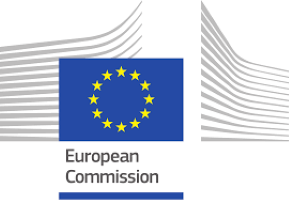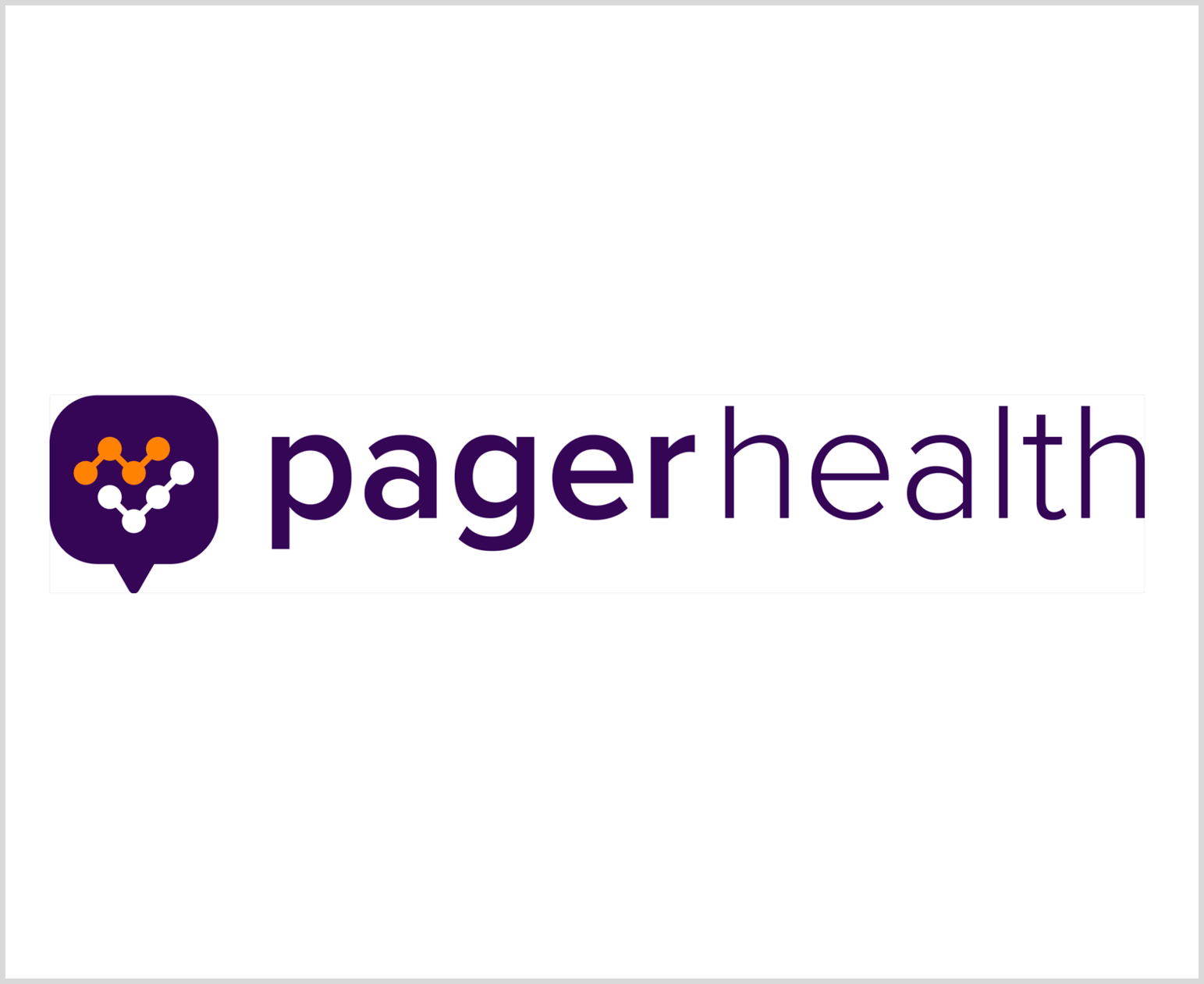

CitiusTech Senior VP and Market Head, Healthcare Providers, John Squeo, shares five game-changing shifts that will redefine the future of US healthcare and unlock a more streamlined, accessible and patient-centric system.

CitiusTech Senior VP and Market Head, Healthcare Providers, John Squeo, shares five game-changing shifts that will redefine the future of US healthcare and unlock a more streamlined, accessible and patient-centric system.

The future of healthcare lies in the successful integration of workflow automation and advanced technologies. As the buzz-word salad of AI, such as NLP, LLMs, Gen AI, RPA, etc continue to evolve, their potential to revolutionize healthcare workflows will only increase.

In a multi-year agreement, Zimmer Biomet will commercialize RevelAi Health’s patient care-management platform, care team dashboard for providers, and any future products or services.

North Carolina healthcare provider supplies clinicians with immediate, on-site access to 3D-printed anatomic models and support through Ricoh Managed Services.

The EU Data Act will be applicable from September 12, 2025. Given the consequent steps that will be required to comply with the EU Data Act, medical and health devices’ companies would do well to already commence assessing what they will need to do to comply with it.

Pager Health announces new technology and services for patients and members to engage with providers and care management teams, customer service, and others – all connected in a unified conversation.

The multicenter international study, which enrolled 258 patients across 15 sites in the U.S. and Japan, compared HeartFlow’s automated deep-learning-based method for segmenting coronary atherosclerosis in coronary computed tomography angiography against the reference standard of intravascular ultrasound.

Information Sharing and Analysis Centers (ISACs), developed to help critical infrastructure industries prevent and become more resilient to cyber and physical security attacks, are expanding their strategies to meet ever-evolving threats. Errol Weiss, Chief Security Officer of the Health-ISAC, discusses how these groups work to protect industry, emerging threats and how device developers and healthcare organizations are working together to protect patients.

The new equity guide provides implementation steps to help developers and users implement the AHRQ Digital Healthcare Equity Framework to ensure new technologies ameliorate, rather than exacerbate, inequities in health care.

Although 61% of decision-makers at healthcare organizations said their firms invested at least $100 million in digital transformation initiatives over the past year, 65% of those respondents said their firms have translated less than half of those investments into tangible business value. These numbers highlight the challenges of digital transformation with data siloes posing the biggest threat to success.